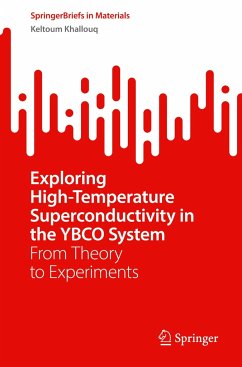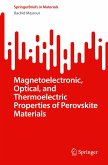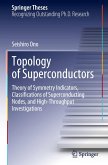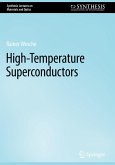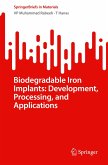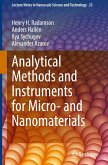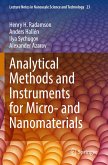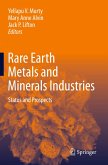The book explores the properties and behaviors of high-critical-temperature superconductors in the yttrium barium copper oxide (YBCO) system, looking specifically at Y0.5Ln0.5BaSrCu3O6+z compounds, where Ln represents rare earth elements like europium (Eu), samarium (Sm), and (neodymium) Nd. Structured into several chapters, it navigates through key aspects of superconductivity and its characterization.
Starting with an introduction to the discovery of high-critical-temperature superconductors and their far-reaching applications, it sheds light on unresolved questions in materials physics, particularly concerning the behavior of the copper(II)-oxide (CuO2) planes and the introduction of additional electronic holes. Emphasizing the pivotal role of the CuO2 planes in shaping material properties above the critical temperature, it also delves into the history of superconductivity, properties of superconducting materials, and various types of superconductors.
Phenomenological theories like the London theory, Ginzburg-Landau theory, and Abrikosov's theory of the mixed state in type II superconductors are discussed, along with conventional theories such as the BCS theory and Josephson junctions. The book provides an overview of experimental techniques used to characterize structural, magnetic, and electrical properties of superconductor compounds, including X-ray diffraction, scanning electron microscopy, and magnetometry.
Focusing on the structural, magnetic, and electrical properties of Y0.5Ln0.5BaSrCu3O6+z compounds, along with the effects of substitutions and thermal treatments, the book aims to achieve several objectives. These include a comparative study of superconducting and structural properties under various thermal treatments and isovalent substitutions, analysis of magnetic susceptibility and electrical resistivity as functions of temperature, investigation of the evolution of mixed-state properties with changing temperatures, and utilization of the Rietveld crystallographic refinement method to establish correlations between interatomic distances and critical temperatures.
Additionally, the book presents the synthesis of studied compounds through solid-state reactions and subsequent thermal treatments, including annealing under oxygen and argon atmospheres. The results of these treatments are discussed in relation to improvements in irreversibility lines, magnetic shielding, and grain quality.
Hinweis: Dieser Artikel kann nur an eine deutsche Lieferadresse ausgeliefert werden.
Starting with an introduction to the discovery of high-critical-temperature superconductors and their far-reaching applications, it sheds light on unresolved questions in materials physics, particularly concerning the behavior of the copper(II)-oxide (CuO2) planes and the introduction of additional electronic holes. Emphasizing the pivotal role of the CuO2 planes in shaping material properties above the critical temperature, it also delves into the history of superconductivity, properties of superconducting materials, and various types of superconductors.
Phenomenological theories like the London theory, Ginzburg-Landau theory, and Abrikosov's theory of the mixed state in type II superconductors are discussed, along with conventional theories such as the BCS theory and Josephson junctions. The book provides an overview of experimental techniques used to characterize structural, magnetic, and electrical properties of superconductor compounds, including X-ray diffraction, scanning electron microscopy, and magnetometry.
Focusing on the structural, magnetic, and electrical properties of Y0.5Ln0.5BaSrCu3O6+z compounds, along with the effects of substitutions and thermal treatments, the book aims to achieve several objectives. These include a comparative study of superconducting and structural properties under various thermal treatments and isovalent substitutions, analysis of magnetic susceptibility and electrical resistivity as functions of temperature, investigation of the evolution of mixed-state properties with changing temperatures, and utilization of the Rietveld crystallographic refinement method to establish correlations between interatomic distances and critical temperatures.
Additionally, the book presents the synthesis of studied compounds through solid-state reactions and subsequent thermal treatments, including annealing under oxygen and argon atmospheres. The results of these treatments are discussed in relation to improvements in irreversibility lines, magnetic shielding, and grain quality.
Hinweis: Dieser Artikel kann nur an eine deutsche Lieferadresse ausgeliefert werden.

